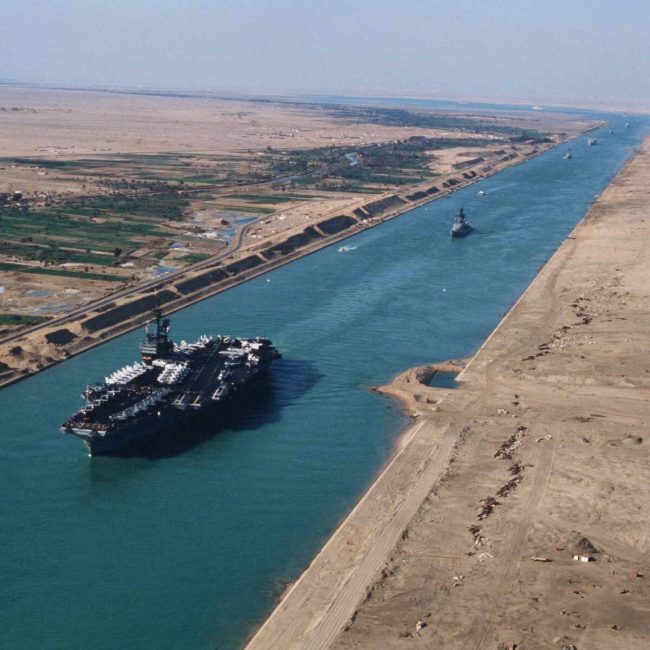
The Economic Impact of the Suez Canal Crisis
The recent blockage of the Suez Canal by a massive container ship sent shockwaves through the global economy. While the Ever Given was eventually dislodged, the disruption highlighted the canal’s critical role in international trade and the significant economic consequences of such blockages.
Impact on Egypt:
- Revenue Loss: The canal is a vital source of income for Egypt, generating billions annually in tolls. The blockage resulted in a sharp decline in these revenues, impacting the country’s foreign currency reserves and overall economic health.
- Job Market Strain: The disruption in canal traffic affected related sectors like shipping, logistics, and port services. This led to job losses and reduced working hours, exacerbating unemployment issues.

Global Repercussions:
- Supply Chain Disruptions: The blockage caused delays for thousands of ships, impacting the timely delivery of goods worldwide. This disruption rippled through supply chains, leading to potential shortages and price hikes for consumers.
- Increased Shipping Costs: With the canal unavailable, some ships were forced to take longer routes around Africa’s Cape of Good Hope. This added to transportation costs, potentially impacting businesses and raising consumer prices.
The Long-Term Outlook:
The full economic impact of the Suez Canal Crisis is still unfolding. However, it serves as a stark reminder of the canal’s importance and the vulnerability of global trade to such disruptions. As investigations continue, efforts will focus on improving canal navigation and mitigating the risks of future blockages.
